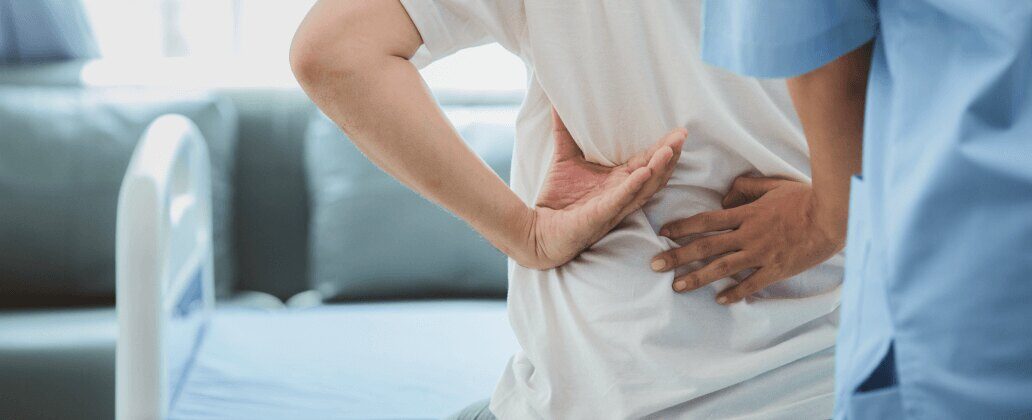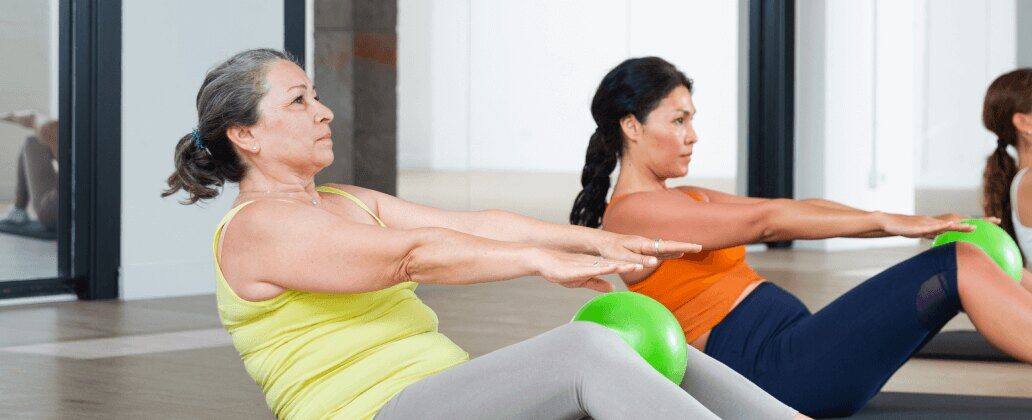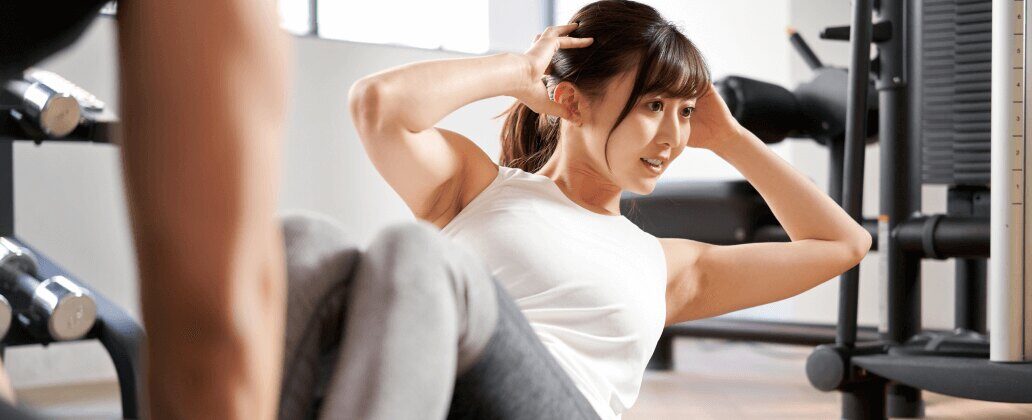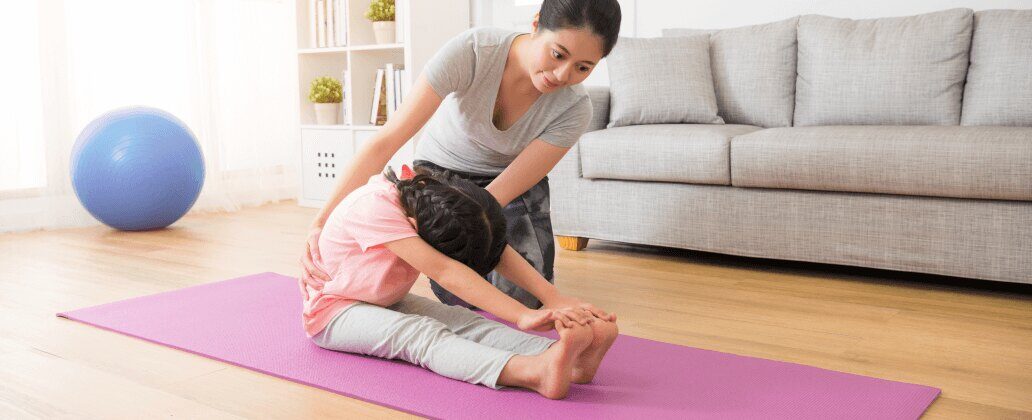- Home
- Services & Specialties
- Physiotherapy
Physiotherapy at
Matilda International Hospital
Improving your health and mobility with expert physiotherapy care
Your Expert Physiotherapy Partner in Hong Kong
Physiotherapy is crucial in restoring and maintaining physical health and mobility. At Matilda International Hospital, we are dedicated to providing exceptional physiotherapy services tailored to meet the unique needs of each patient.
Whether you are recovering from an injury, managing a chronic condition, or seeking to improve your overall physical performance, our comprehensive physiotherapy programmes are designed to help you achieve your health goals

Who is Physiotherapy Suitable For?
Physiotherapy is a versatile and practical treatment option for individuals of all ages and activity levels. At Matilda International Hospital, our physiotherapy services cater to a wide range of needs:

-
Individuals recovering from sports injuries, accidents, or surgeries
-
Those managing chronic pain or conditions such as arthritis, fibromyalgia, and more.
-
Patients who have undergone surgery and need to restore function and mobility.
-
New mums for advice on posture and back care when carrying their baby as well as strengthening pelvic floor muscles.
-
People looking to prevent injuries or maintain their physical health and wellness.
-
Older adults dealing with age-related mobility and balance issues.
-
Children who require specialised physiotherapy for developmental or physical challenges.
Matilda’s Physiotherapy Services

Postural Assessment
The postural assessment programme evaluates the mechanical functioning of the entire body by examining your posture and movement patterns. Postural assessments are crucial to:
- Identify, prevent, and correct problems with body mechanics that may be present in the early, often painless stage
- Detect and address the causes of pre-existing musculoskeletal issues
- Provide appropriate management solutions
Benefits of Postural Assessments
- Improved posture
- Reduced risk of injury
- Enhanced physical performance
- Long-term musculoskeletal health

Physical Fitness Assessments
Our physical fitness assessment programme evaluates your overall physical condition and identifies areas for improvement. These assessments are designed to:
- Measure your current fitness level through various tests and evaluations
- Identify strengths and areas that need improvement
- Develop personalised fitness plans to help you achieve your health and fitness goals
Benefits of Fitness Assessments
- Comprehensive understanding of your physical fitness
- Tailored fitness plans to suit your individual needs
- Enhanced physical performance and overall health
- Prevention of potential fitness-related injuries

Pilates
Our Pilates programme analyses and treats postural, muscle, and movement imbalances associated with musculoskeletal pain. This exercise rehabilitation programme incorporates mat exercises and resistance training with specialised slings and springs equipment to:
- Develop dynamic postural stability
- Achieve optimal biomechanical balance
- Manage and prevent musculoskeletal dysfunction
Benefits of Pilates
- Improved postural alignment
- Enhanced muscle strength and flexibility
- Reduced musculoskeletal pain and discomfort
- Prevention of future musculoskeletal issues
Gyrotonic® Expansion System
Athletes and dancers utilise the Gyrotonic® approach to enhance body flexibility, strength, and conditioning. This method is ideal for improving poor posture and spinal movement patterns. Our sessions, conducted by physiotherapists who are certified Gyrotonic® trainers, are designed to:
- Facilitate three-dimensional and rotational movement
- Emphasise multiple joint articulations
- Develop coordinated power in muscles
- Strengthen ligaments and tendons by increasing the range of motion
Benefits of the Gyrotonic® Expansion System
- Enhanced body flexibility and strength
- Improved posture and spinal movement patterns
- Increased muscle coordination and power
- Strengthened ligaments and tendons

Obstetric Physiotherapy
Many women experience muscle or joint pain during or just after pregnancy, including back pain, pelvic girdle pain, coccyx pain, or Carpal Tunnel Syndrome. Our Matilda Physiotherapy team offers specialised services to alleviate these conditions by providing:
- Individual treatment plans
- Posture advice
- Exercise programmes
- Coping strategies
- Pelvic support
- Mobility aids
Benefits of Obstetric Physiotherapy
- Relief from pregnancy-related muscle and joint pain
- Improved posture and mobility
- Personalised exercise and treatment plans
- Enhanced overall comfort and well-being
during and after pregnancy

Chest and Respiratory Physiotherapy
Physiotherapy techniques are crucial in assessing, treating, and strengthening the respiratory system. Our physiotherapy team assists with various conditions affecting the heart and lungs, including arrhythmias, ischaemic heart disease, chronic bronchitis, emphysema, and cystic fibrosis. Our services aim to:
- Aid chest clearance
- Maximise functional ability
- Speed recovery and rehabilitation after general surgery and intensive care
Benefits of Respiratory Physiotherapy
- Improved respiratory function
- Enhanced heart and lung health
- Faster recovery post-surgery and intensive care
- Effective management of chronic respiratory conditions

Orthopaedic Physiotherapy
Our physiotherapists are experts in managing and treating issues related to muscles, bones, ligaments, and tendons, including arthritis, neck and back problems, and muscle and ligament injuries. Our team works closely with orthopaedic surgeons to optimise your medical and post-surgery rehabilitation programmes, which are designed to:
- Restore strength and movement after sports injuries or surgery
- Provide comprehensive care and treatment plans
- Ensure effective recovery and rehabilitation
Benefits of Orthopaedic Physiotherapy
- Enhanced recovery and rehabilitation post-surgery or injury
- Improved strength and mobility
- Personalised treatment plans
- Collaborative care with orthopaedic surgeons

Neurological Physiotherapy
Physiotherapy plays a vital role in managing the effects of neurological conditions. Our highly skilled therapists have extensive experience with stroke, brain injury, Parkinson's disease, multiple sclerosis, cerebral palsy, and other common neurological disorders. Our services aim to:
- Provide specialised care for various neurological conditions
- Enhance movement and function
- Develop personalised treatment plans for each patient
Benefits of Neurological Physiotherapy
- Improved mobility and coordination
- Enhanced quality of life for patients with neurological conditions
- Personalised and effective treatment plans
- Experienced and specialised care

Physiotherapy for Women
At Matilda International Hospital, our women's health services diagnose, advise, and treat conditions affecting the female pelvis and pelvic floor, such as pelvic pain, incontinence, and uterine prolapse. Many of these symptoms can be improved through physiotherapy.
Benefits of Physiotherapy for Women
- Relief from pelvic pain and discomfort
- Improved pelvic floor function
- Enhanced quality of life for women

Paediatric Physiotherapy
Paediatric Physiotherapy requires a particularly thoughtful and sensitive approach. Our team understands the importance of involving the family and making treatment sessions interactive and engaging. Our paediatric physiotherapy services aim to:
- Provide a comprehensive assessment of the child
- Formulate a personalised treatment plan
- Include explanations and easy-to-follow instructions for parents and carers
Book Your Physiotherapy Consultation Today
Matilda’s Physiotherapy Services at Your Convenience

Physiotherapy Department, Matilda International Hospital
41 Mount Kellett Road,
The Peak,
Hong Kong
info@matilda.org
(852) 2849 0111
Physiotherapy Department
physio@matilda.org
(852) 2849 0760

Matilda In-town Centre (Central)
3/F, Prosperity Tower,
39 Queen's Road Central,
Hong Kong
mmc.central@matilda.org
(852) 2537 8500
Appointments Available:
Every Tuesday, Thursday
9:30 pm - 5:30 pm